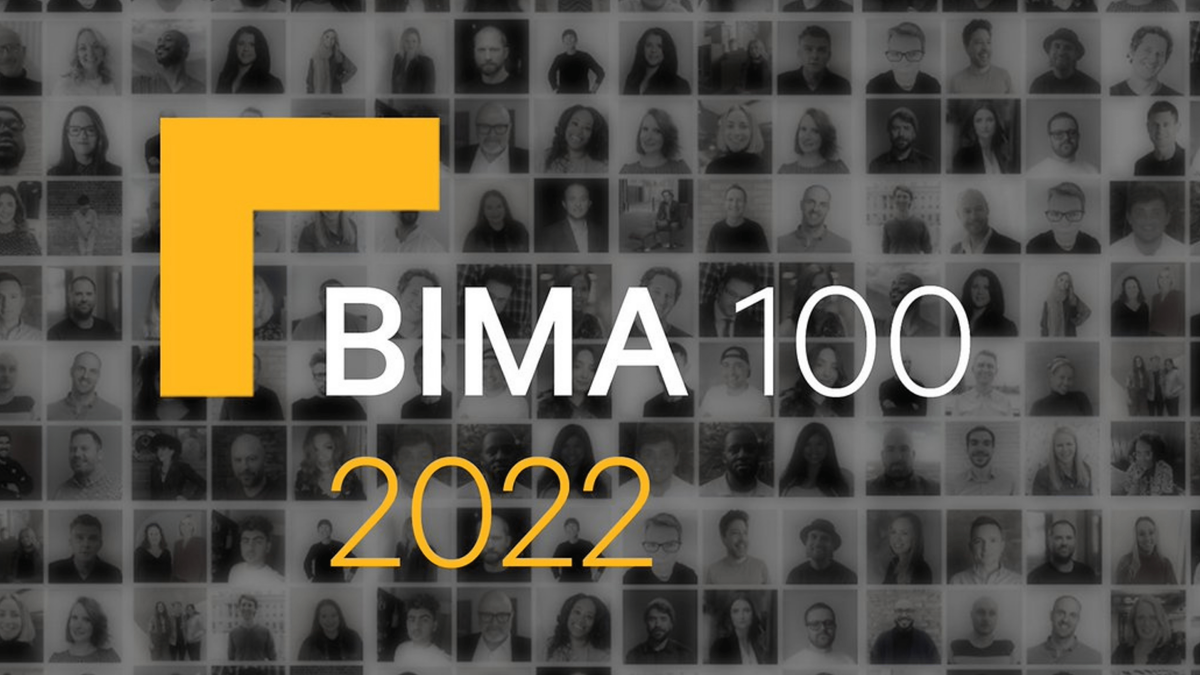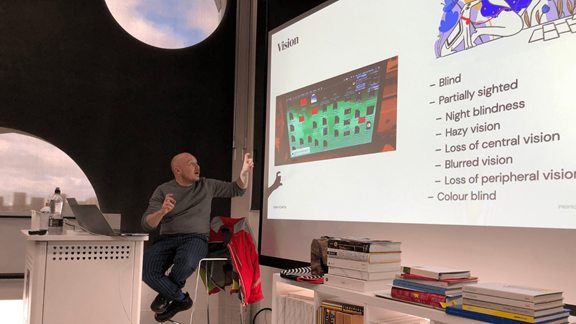BIMA 100: 2022 | James Fox

Kin + Carta is joining Valtech. Learn more here >

This year’s BIMA 100 once again recognises the leading minds in Europe’s digital industry and champions their ability to inspire change. It’s not an accolade for specific projects or successes, but for thought-leadership and their roles as digital visionaries.
We’re very pleased to introduce our Experience Director, James Fox, who has been included in 2022’s list—we spoke to him about the deserved inclusion to get his thoughts:
